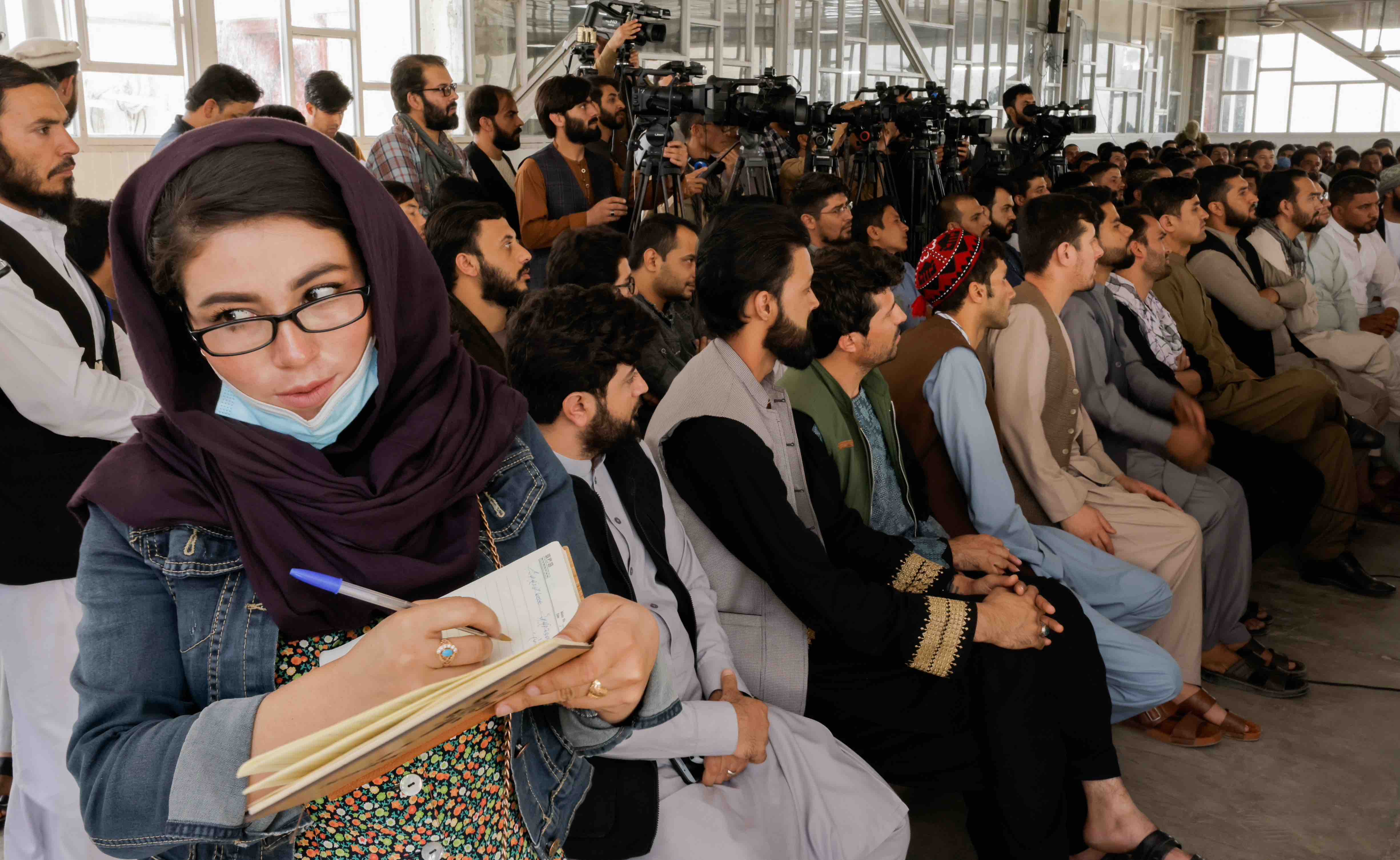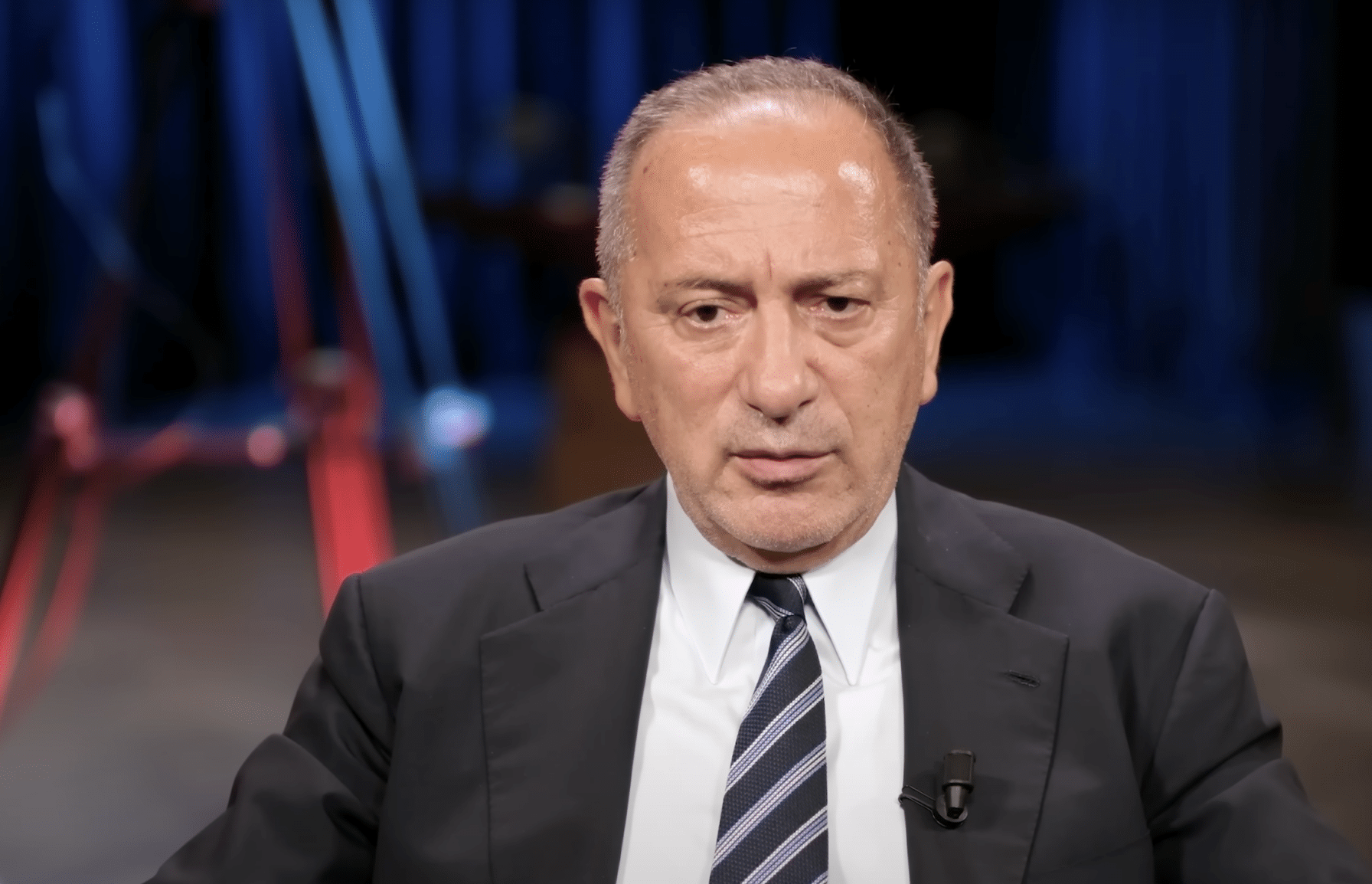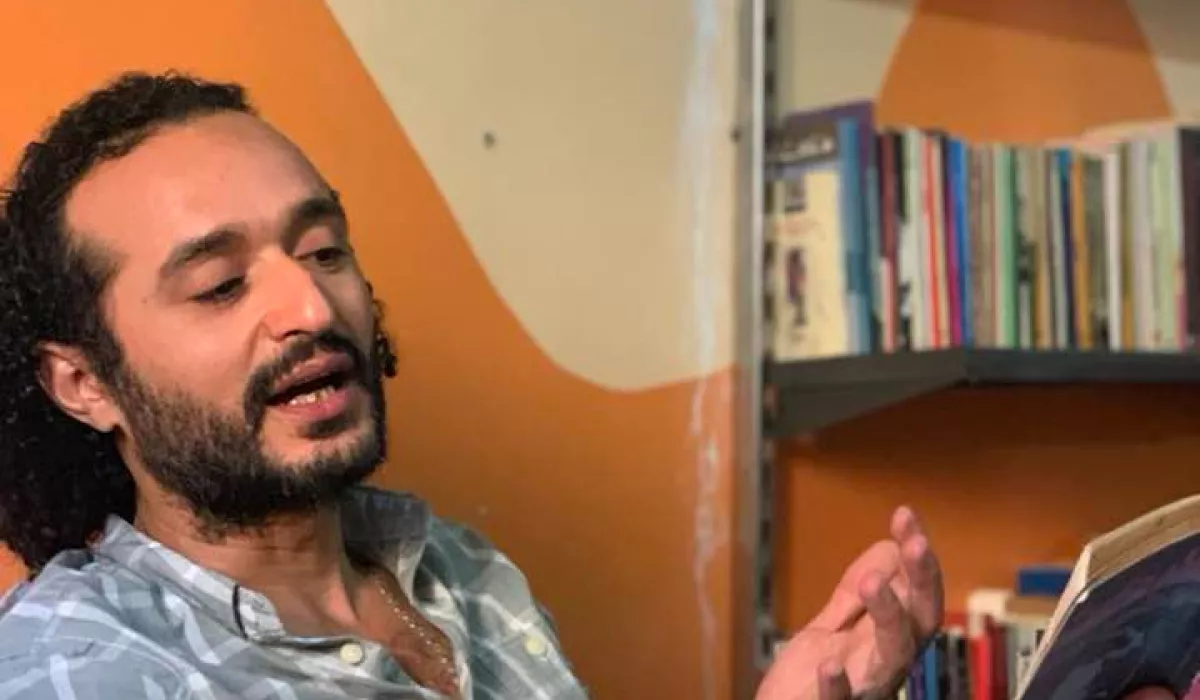
Belarus Sentences Journalist Danil Palianski to 10 Years for Treason in Ongoing Media Crackdown
August 8, 2025
A Cry in Silence: Taliban Escalates Crackdown on Journalism in Afghanistan
August 8, 2025August 8, 2025 – Turkey –
Turkish authorities have ordered the blocking of veteran journalist Fatih Altaylı’s YouTube channel, citing national security and public order concerns. The decision, issued by the İstanbul 6th Criminal Judgeship of Peace on August 7, targets both the homepage of the channel and a specific video featuring former MP Emin Şirin. In the video, Şirin discusses political matters involving Nationalist Movement Party (MHP) leader Devlet Bahçeli and Kurdistan Workers’ Party (PKK) leader Abdullah Öcalan, which the court claimed posed risks to national security and could constitute criminal activity.
Altaylı, detained since June 22 on charges of “threatening the president,” has long been a high-profile critic of the government. His YouTube channel, which had seen a surge in popularity, recorded over 28 million views in July—an increase of nearly 8 million from the previous month. Before the court order, Turkey’s media regulator, RTÜK, had warned Altaylı to apply for an online broadcasting license within 72 hours or face restrictions.
In a statement responding to the block, Altaylı criticised the decision as an act of censorship, saying, “They tolerate hundreds, thousands of purchased newspapers, journalists, publishers. Only me, they cannot tolerate.” He noted that his channel remains accessible in Turkey for now, but urged viewers to use VPNs should the ban be enforced. Altaylı also confirmed that his legal team will challenge the decision.
Press freedom groups have condemned the move, describing it as part of Turkey’s broader pattern of silencing independent media. In recent years, authorities have frequently blocked access to social media platforms, news outlets, and individual journalists’ accounts under the pretext of protecting national security.
Altaylı’s case has become emblematic of the challenges facing journalists in Turkey, where criminal charges, platform restrictions, and licensing demands are increasingly used to suppress dissent. Advocates warn that such measures not only violate free expression but also deprive the public of diverse and independent sources of information.
References –




